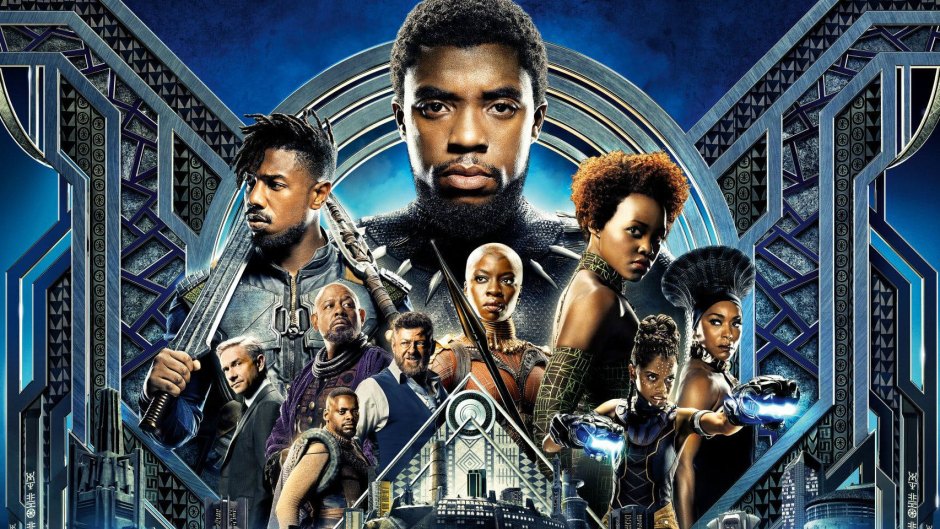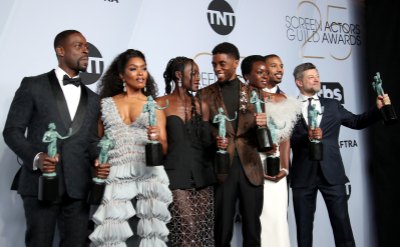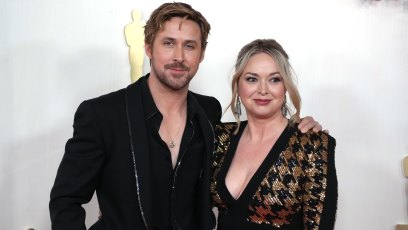
Oscar Nominee ‘Black Panther’ Returns to Theaters for Free Screenings as Part of Black History Month
Wakanda forever! Such is the battle cry of T’Challa, better known as the Black Panther, the Marvel superhero who has not only captured the world’s imagination but is returning to theaters — for free screenings — as a part of the celebration for Black History Month. And this after the film took home the SAG Award for Outstanding Performance by a Cast in a Motion Picture, and being nominated for seven Academy Awards, including Best Picture.
Black Panther, which at this point has pulled in $1.3 billion at the global box office, will be screened at select AMC Theatres between February 1 and February 7 with, again, free admissions. Beyond the screenings, Disney (owner of Marvel Studios) announced that a $1.5 million grant will be made to the United Negro College Fund (UNCF), to help fund scholarships so that minority students can attend college.
In a statement, Disney CEO Bob Iger commented, “Black Panther is groundbreaking for many reasons, including the rich diversity of voices behind its success. The story also showcases the power of knowledge to change the world for the better, and the importance of ensuring everyone has access to it. We’re proud to provide thousands of free screenings of Black Panther in hopes it will continue to inspire audiences and to support UNCF with a $1.5 million grant to make the dream of higher education a reality for more students.”
Chadwick Boseman, who plays the lead character (which preceded Black Panther in Captain America: Civil War and followed with Avengers: Infinity War), took to the stage at the SAG awards where he noted, “When I think of going to work every day and the passion and the intelligence, the resolve, the discipline that everybody showed, I also think of two questions that we all have received during the course of multiple publicity runs. One is: Did we know that this movie was going to receive this kind of response? Meaning, was it going to make a billion dollars? Was it going to still be around during this awards season? The second question is: Has it changed the industry? Has it actually changed the way this industry works [and] how it sees us? And my answer to that is: ‘To be young, gifted, and black.’

(Photo by Dan MacMedan/Getty Images)
“We know what it’s like to be told there’s not a screen for you to be featured on, a stage for you to be featured on,” he elaborated. “We know what it’s like to be the tail, but not the head. We know what it’s like to be beneath, but not above. And that is what we went to work with every day. Because we knew not that we would be around during awards season or that it would make a billion dollars, but we knew that we had something special that we wanted to give the world — that we could be full human beings in the roles that we were playing. That we could create a world that exemplified a world that we wanted to see.”
Evan Narcisse, writer of the Rise of the Black Panther comic book mini-series, offers in an exclusive interview, “The thing that I love about T’Challa as a character, and the whole Black Panther mythos, is that he stands at the crossroads between tradition and modernity. He’s got this long, sweeping legacy of Black Panther rulers that extends back centuries. He obviously wants to maintain that tradition, because it’s what keeps Wakanda safe and sovereign and self-determining for all that time. But the world is changing. What’s embedded in the character is that he’s a superhero, but he’s also a king. So, him going off and saving the world is a direct contradiction to being a ruler. For Rise of the Black Panther, that’s where the core idea came from. I knew that we’d never seen the moment, the exact moment, where Wakanda was introduced to the world. I wanted to tell that story.”

(Photo by John Shearer/Getty Images for People Magazine)
Which is exactly what he did, and a variation of what we’ve seen on the big screen. As to the power and success of the Black Panther movie, Eric commented, “Ryan Cogler and Joe Robert Cole wrote an amazing script that is really powerful because it’s about something that has connections to the real world. It’s a personal journey of what it means to come to be part of the African Diaspora and have a common homeland with people who don’t share culture with you, and there’s a broken link in the histories that connect you, and how do you reckon with that tension? That’s amazing stuff, and they used the kind of inherent metaphorical aspect of superheroes to dig deeper into it. The movie’s a really important one.”
Few would argue with him.








































